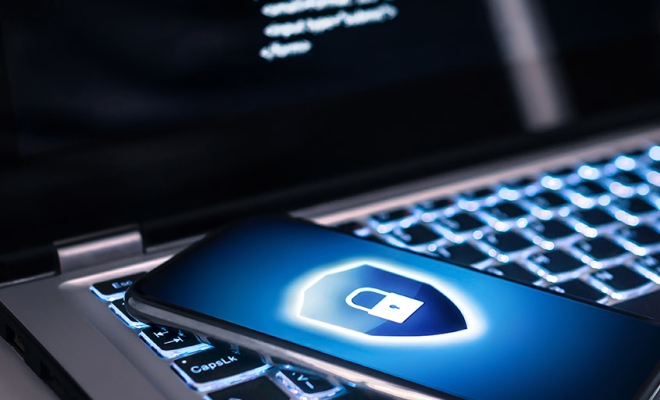Governor Kathy Hochul today alerted New Yorkers to the newest efforts to steal their personal information by people pretending to be the New York State Department of Motor Vehicles or tolling agencies. The culprits design phony websites and phishing text messages to look legitimate, all to trick people into providing personal information that can be used to commit identity theft and fraud.
“While I’m working hard to put money in New Yorkers’ pockets, scammers are using deceptive text messages to do the opposite — taking your hard-earned money and your personal information in the process,” Governor Hochul said. “I’m standing up to fight back against these schemes, and I’ll always defend New Yorkers against anyone trying to take advantage of them. Enough is enough.”
Scammers often target older adults and other vulnerable New Yorkers, using urgent language to pressure victims into acting quickly. New Yorkers are urged to check in with relatives, friends or neighbors who may be at greater risk of falling victim to these schemes.
You can find an example of a ‘spoofed’ website here.
The scams claim to be from DMV and that a driver’s license is about to be suspended. A very short window of time is then given for payment. Previous scams have claimed that E-ZPass accounts were about to be suspended. The official DMV website is dmv.ny.gov.
If you did share your personal information, you should also check your credit reports regularly. You can contact any of the three credit reporting agencies (TransUnion, Equifax, and Experian) to place a credit freeze or fraud alert on your account.
You should also change your passwords, check your computer or devices for viruses, and notify your bank and other companies that you have accounts with.
Phishing texts and imitation websites are designed to obtain data or sensitive personal information to be used to commit identity theft or trick the recipient into installing malicious software onto a computer or mobile device.
DMV created a page on its website about these phishing attacks. You can find examples of the text messages there as well.
The New York State Department of Information Technology Services offers advice on avoiding these phishing attacks.
- Be cautious about all communications you receive, including those that claim to be from “trusted entities.” Be careful when clicking any links contained within those messages. If in doubt, do not click.
- Do not send your personal information via email. Legitimate businesses will not ask users to send sensitive personal information through email.
- Keep an eye out for telltale signs: poor spelling or grammar, the use of threats, or the URL does not match that of the legitimate site.
- Be wary of how much information you post online. The less information you post, the less data you make available to a cybercriminal for use in developing a potential attack or scam.
Here is an example of what the latest scam text looks like.
In addition, the New York State Thruway Authority and MTA Bridges & Tunnels are raising awareness of scam texts seeking to collect E-ZPass or toll by mail fees. E-ZPass or Tolls By Mail will never send a text or email requesting sensitive personal information. Since the launch of Congestion Relief in January, text messaging scams from “NY Toll Services” or other fictitious names have sought to collect tolls for the Congestion Relief Zone. New Yorkers are advised to not access any links sent within the message or engage with the message. Real communications from E-ZPass New York will only refer customers to the E-ZPass NY website.
If in doubt, call E-ZPass at 1-800-333-8655 or Tolls by Mail at 1-844-826-8400 for assistance.
New York State Department of Motor Vehicles Commissioner Mark J.F. Schroeder said, “DMV does not send texts to our customers demanding immediate payment, and our website provides information at the top to help users know it is legitimate. If you provided personal information through one of these scams, you should review your financial account statements to check for unauthorized charges.”
New York State Thruway Authority Executive Director Frank G. Hoare said, “The Thruway Authority is committed to the safety and protection of our customers’ personal information. The increase of text message scams and other fraudulent attempts by scammers to collect personal data puts consumers at risk. We strongly encourage everyone to stay informed about these scams to protect their personal data. When in doubt, customers can contact E-ZPass or Tolls by Mail directly, over the phone or on the official website, before clicking any link sent via text message.”
MTA Bridges and Tunnels President Catherine Sheridan said, “If people receive a text from an unknown number instructing them to pay the Congestion Relief Zone toll, it is not an authorized communication from E-ZPass or the MTA. Text messaging scams from “NY Toll Services” or other fictitious names are seeking to collect tolls for the Congestion Relief Zone. We advise you to not access any links sent within the message or engage with the message.”
